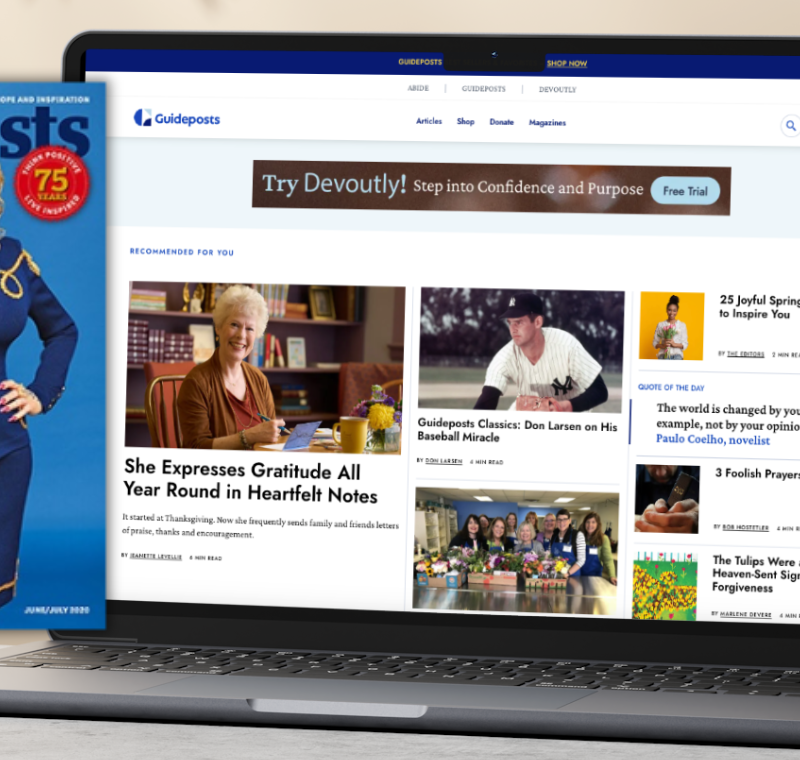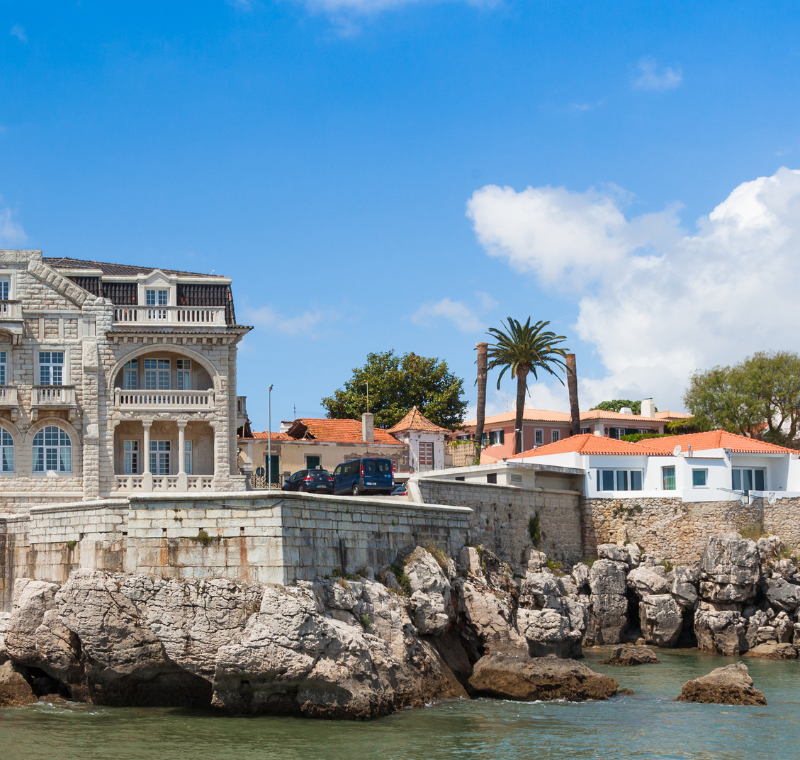BBC Worldwide: taking a healthy commission out of ecommerce
What are BBC Worldwide’s revenue streams? (0:09)
BBC Worldwide is the commercial arm of the BBC. So we work across TV channels internationally, programme sales internationally, publishing, consumer products businesses, and live events businesses in the UK and internationally, to basically supplement the license fee with the profits that we make.
We still have a market leading magazine and we’ve built a website with 18m uniques (0:29)
We still have a market leading magazine. It still sells a quarter of a million copies a month: very profitable for us – will continue to be very profitable for us for the foreseeable future – although we can’t get away from the fact that the print market’s in decline.
We’ve built, since launch in 2006, a massive food & drink website – the UK’s leading food & drink website with an audience of 18 million uniques. And we’re driving a lot of profit from that website already.
Content verticals, personalisation, & video (0:57)
Our strategy is to accelerate that growth. So within the food website to launch, what we’re calling content verticals around health, exercise, food travel, product reviews, kids & family baking, to really drive that audience both in the UK and overseas. We’re also investing in personalisation to allow users to personalise the experience more to make them more loyal and come back more frequently.
And we’re investing a lot in video, creating a lot of video recipes to really engage with the audience that way as well.
Taking a healthy commission out of ecommerce (1:27)
We’ve got a partnership with a company called Constant Commerce, which allows users to shop from our recipes. So basically you can add the ingredients from a recipe to your basket with most of the leading supermarkets, and then you can create shopping lists out of multiple recipes.
So we take a healthy commission out of any transactions that happen – we’ve seen those numbers doubling over time. We launched the service, we then rolled it out on mobile (the numbers doubled) we then added shopping list functionality to the base functionality (the numbers doubled), so [ecommerce] is not core to our business yet, but it’s a nice revenue stream. On top of that we’ve got affiliate deals with kind of wine providers… meat delivery companies… where we’re also making money… and we’re looking to integrate those more editorially. So look out for a Good Food wine club and things like that going forwards.
We made our website entirely responsive, and that has driven a LOT of growth (2:17)
When we relaunched our website in 2013 we made it entirely responsive and that’s what’s really driven a LOT of the growth that we’ve seen recently. We do have a paid for app, but we don’t particularly see that as the future. I think we’ll relaunch that and integrate it a lot more tightly with the website, so that the responsive website is always going to be at the heart of what we do going forwards.
Social is the new search (2:40)
We see social as the new search. You know when people are scrolling through social media sites on the train on their phones, that’s how they’re discovering our content in a lot of ways. Search is still massive for us but we need to really focus our efforts on social to make sure that we get those referrals that we need as well.
More like this
BBC Good Food on innovation in advertising
BBC Good Food in 2020: Here’s the business model
We publish print for profit, and digital for growth says BBC’s Good Food Magazine








